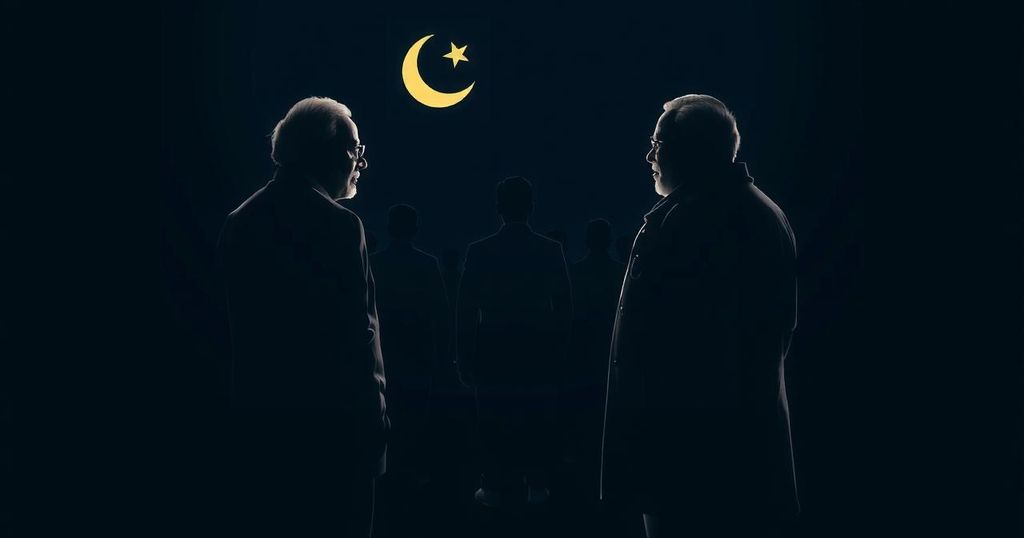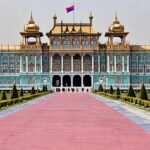Pakistan Invites PM Modi to SCO Meeting in October Amid Ongoing Tensions
Pakistan is preparing to host the Council of Heads of Government (CHG) meeting of the Shanghai Cooperation Organization (SCO) on October 15-16, during its tenure as the rotating chair of the council, which is the second most significant decision-making body within the SCO, subordinate only to the Council of Heads of State. Prime Minister Narendra Modi of India, although a regular participant in such high-level summits, notably missed the recent meeting in Kazakhstan due to a scheduling conflict with a Parliamentary session held in early July.
Historically, India has opted to send a ministerial representative to CHG meetings, as seen last year when Foreign Minister S. Jaishankar attended the gathering in Bishkek. It is uncertain whether leaders unable to attend in person will be afforded the opportunity to join the meeting virtually.
Both India and Pakistan are full members of the SCO, an organization heavily influenced by Russia and China, which India deems critical for fostering regional security and collaboration with Central Asian nations. Nonetheless, India remains wary of China’s expanding influence within the SCO and perceives the bloc as potentially positioning itself as an anti-Western coalition. Distinctly, India has refrained from expression of support toward China’s Belt and Road Initiative (BRI) in joint statements issued by the SCO, and during the virtual heads of state summit convened by Modi last year, it declined to endorse a proposed long-term economic strategy, viewing it as leaning towards Chinese objectives.
Despite the prevailing hostilities, the SCO serves as one of the very few multilateral platforms where India and Pakistan have been able to engage in cooperative efforts. Since 2015, bilateral relations have been strained by various terror attacks which have undermined dialogue attempts. However, both nations have participated in SCO exercises held within each other’s territories, and Pakistan’s former Foreign Minister, Bilawal Bhutto Zardari, visited India for a foreign ministers’ meeting last year. Such collaboration is made possible by the SCO Charter, which explicitly prohibits member states from addressing bilateral issues.
The Indian government has not yet reached a decision regarding the invitation to the CHG meeting, which was issued in accordance with SCO protocol. However, recent terror attacks in Jammu are likely to deter any senior ministerial visit to Pakistan. In a recent address during the Kargil Vijay Diwas celebrations, Prime Minister Modi publicly criticized Pakistan, asserting that it had derived no lessons from history and continues to engage in terrorism and proxy warfare. The most recent visit to Pakistan by an Indian foreign minister occurred in 2015, when Sushma Swaraj undertook that trip.
Although Prime Minister Modi previously maintained a cordial relationship with Shehbaz Sharif, the current Prime Minister of Pakistan, and his brother Nawaz Sharif, the likelihood of improved relations between India and Pakistan appears tenuous. Pakistan advocates for the reversal of India’s decision to revoke the special status of Jammu and Kashmir, while India maintains that the only issue remaining for discourse with Pakistan concerning Kashmir pertains to the illegal occupation of Pakistan-occupied Kashmir (PoK).
In summary, while Pakistan has extended an invitation to India for participation in the upcoming CHG meeting, the prevailing tensions between the two nations, coupled with recent events, suggest that the prospects for a visit by Indian officials are dim.
For further updates, please consult authoritative news sources.








Post Comment